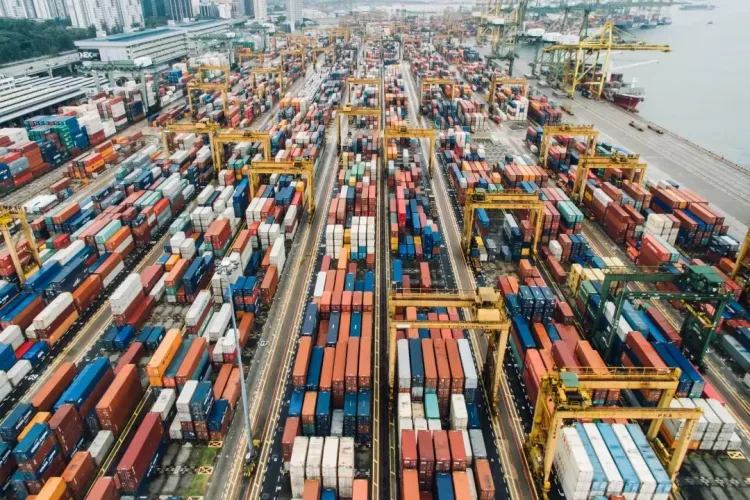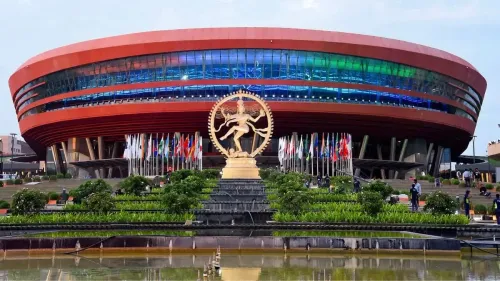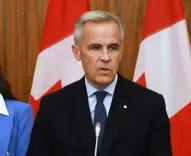Trade and Tariff Instabilities May Drive Reforms in India: HSBC Report

Synopsis
Key Takeaways
- Global trade uncertainties can lead to significant reforms.
- India's goods trade deficit has narrowed to $14 billion.
- Services trade surplus remains robust at $18.5 billion.
- Reforms must be profound for effective growth.
- Potential US tariffs are prompting changes in India's trade policy.
New Delhi, March 18 (NationPress) Global trade and tariff uncertainties may serve as a catalyst for reforms in India in the medium term, according to a report by HSBC Research released on Tuesday. To achieve growth outcomes, these reforms need to be comprehensive.
Potential tariffs from the US could already be prompting changes such as reducing import tariffs, encouraging regional FDI, expediting trade agreements, and allowing for a more flexible Indian rupee.
“India has successful models to follow. Its achievements in services exports highlight the advantages of advancing up the value chain, transitioning from basic services (like call centers) to high-tech sectors (such as professional services),” the report stated.
In February, India's goods trade deficit significantly reduced to $14.1 billion, down from $23 billion in January.
“Typically, the trade deficit decreases in February, but this time, it fell sharply to the lowest level in over three years,” the report added.
The trade deficit for goods shrank to $14 billion, while the services trade surplus grew to $18.5 billion, placing the overall trade balance in a rare surplus position in February.
A general normalization in imports, including oil, gold, and core categories, contributed to the reduction in the goods trade deficit, as noted in the report.
While the global trade and tariff uncertainties may temporarily impact India's GDP growth negatively, they could also act as a catalyst for reforms in the medium term; for effective growth results, however, these reforms need to be profound.
Among exports, core goods saw a decline, primarily driven by weaker investment goods exports, rather than consumer goods.
“This aligns with our forecast that globally, FDI and investments may face challenges in 2025 due to worldwide uncertainty,” the HSBC report highlighted.
All major import categories softened, including oil, gold, and core goods. Falling global oil prices have reduced the oil import bill by $1.5 billion, while gold imports remained modest following a significant surge in Q4 2024.
The services trade surplus continues to be strong at $18.5 billion. On a seasonally adjusted basis, services exports have been increasing by an average of 3 percent over the last three months.









